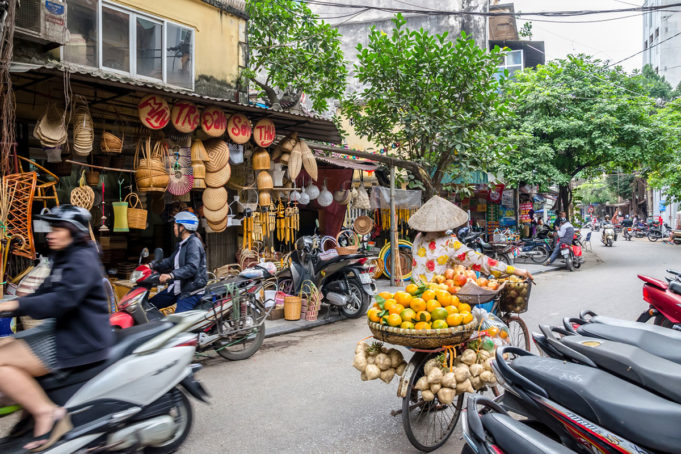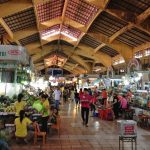Daily Life in Vietnam
Vietnam’s daily life is rushed and swift because it is a developing world. Anything begins at 5 a.m., but in some cases, it begins at 3 a.m. At 5 a.m., street vendors arose and began preparing their wares, such as purchasing materials, producing soup, chopping vegetables, and so on. About 6 a.m., everybody awoke, and the street was filled with honking motorcycles and cars.
Vietnam Daily Life

Vietnamese people believe that if they go to the market early in the morning, they will find fresh fruits and meats. They will then pick up their children, drop them off at school, and go to work. Following the Vietnam War, the illiteracy rate in Vietnam was about 95%, and the government was forced to quickly universalize schooling to the entire population. As a result, children as young as six years old have been to kindergarten, and families pay for books, shoes, and school supplies. Children are instructed at school to obey and honor their grandparents and guardians, as well as their relatives and teachers. Six days a week, children must attend kindergarten. Students must take the test at the end of primary school to determine if they can attend secondary school or technical school. Children in rural areas struggle to get to school since the school is far away and their parents are preoccupied with farm work.
Daily Life in Vietnam Countryside

vietnamese countryside
In Vietnam, roughly three-quarters of the population lives in rural areas, cities, and cities, where people must work extremely hard for a living. The majority of families cultivate rice or fruit trees, while others raise livestock. Life in the country is always difficult. Men and women must get up very early in the morning to go to the farm, while children do housework or carry water to staff, and elders care for fish ponds, fruit trees, and livestock. Everyday life in the city is close to that in the countryside; both men and women go to work. Grandparents also care for the infant at home or in daycare centers. Adults operate from 7:00 a.m. to 17:30 p.m. They work every day to provide for their families. Many families remain in small apartments or government accommodation. The family is the foundation of Vietnamese culture, and it is not uncommon for three or even four generations to live in the same house. The pace of life in both the city and the country is very fast. People don’t have enough patience to think for one another.
















